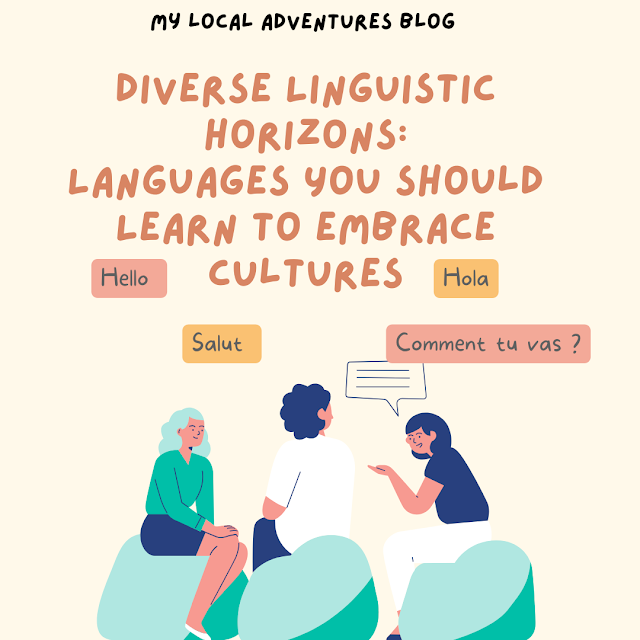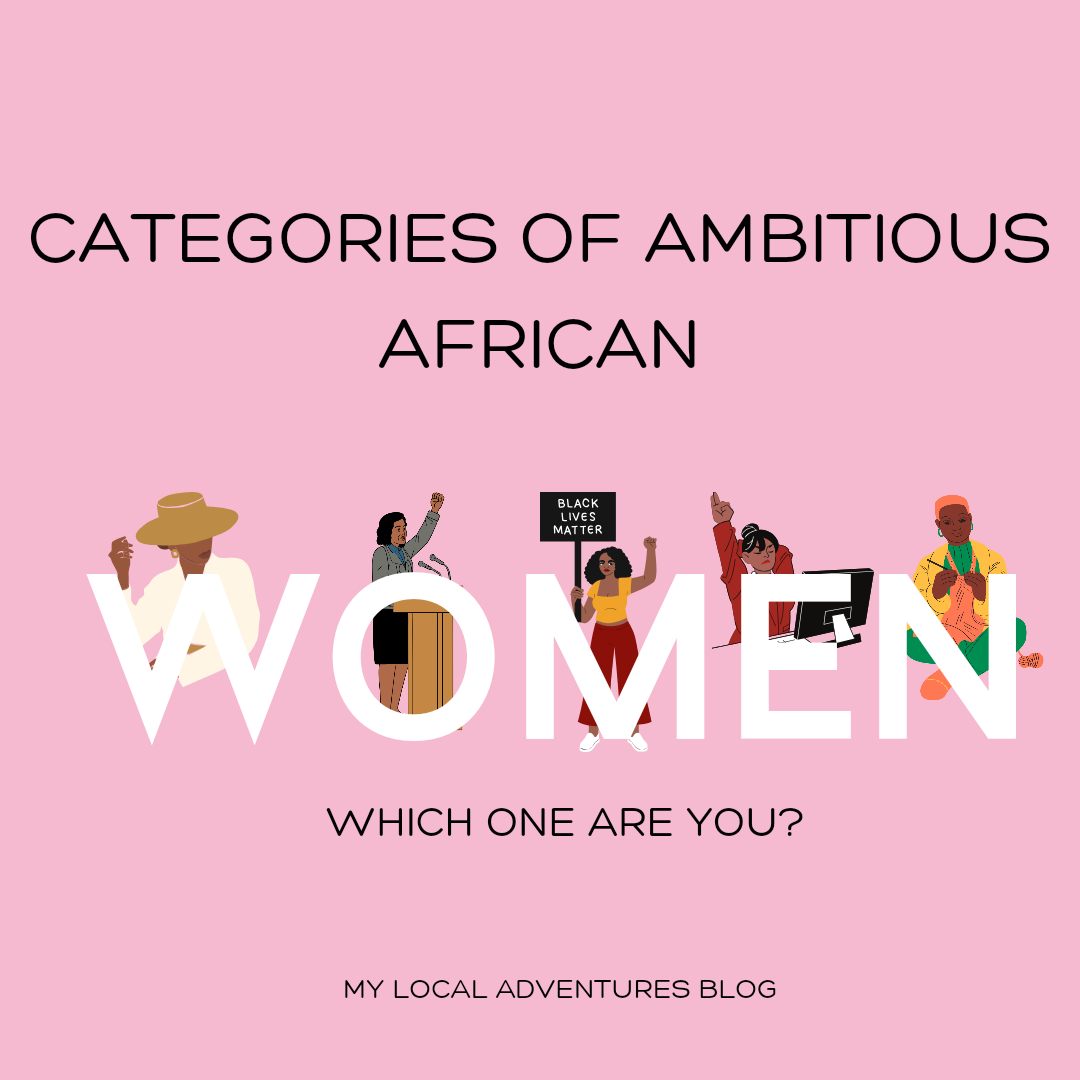Diverse Linguistic Horizons: Languages You Should Learn to Embrace Cultures
In our increasingly interconnected world, the ability to communicate in multiple languages not only facilitates deeper connections with people from diverse backgrounds but also opens doors to new cultures and perspectives. Embracing linguistic diversity can truly enrich our lives and broaden our understanding of the world.
Here are several languages that offer unique insights into different cultures and societies:
1. Mandarin Chinese:
As the most spoken language globally, learning Mandarin provides a gateway to the rich tapestry of Chinese culture, history, and philosophy. It offers a profound understanding of one of the world's oldest civilizations.
2. Spanish
With over 400 million speakers, Spanish unlocks access to the vibrant and diverse cultures of Spain, Latin America, and Hispanic communities around the world. It is a language of passion, music, literature, and folklore.
3. Arabic
A language of poetry, calligraphy, and profound religious significance, Arabic provides insight into the rich heritage of the Middle East and North Africa. Learning Arabic fosters an appreciation for Islamic culture and traditions.
4. French
Renowned for its elegance and diplomacy, French is a language of art, romance, and haute cuisine. It is the key to understanding the heritage of France, parts of Canada, Switzerland, Belgium, and significant regions in Africa.
5. Swahili
Swahili's influence spans a vast region of East Africa, where it serves as a lingua franca. By learning Swahili, one gains an understanding of the mix of cultures and traditions in East Africa and connects with the region's diverse communities.
6. Japanese
From traditional tea ceremonies to modern technological innovations, the Japanese language unveils the depth of Japan's ancient traditions and contemporary pop culture. Mastery of Japanese offers a window into a society that seamlessly blends tradition with innovation.
7. Russian
Learning Russian opens the door to the rich artistic, literary, and scientific traditions of Russia and neighboring Slavic countries. It provides a lens through which to explore the complexities of Eastern Europe and Eurasia.
8. German
The language of philosophers and scientists, German offers access to centuries of intellectual and cultural contributions. Understanding German allows for a deep dive into the influential history and modern achievements of Germany, Austria, and Switzerland.
By embracing these languages, individuals can embark on a journey of cultural enrichment, gaining insights that transcend linguistic barriers. The pursuit of language learning is not merely an act of acquiring words and grammar; it is a pathway to deeper empathy, understanding, and appreciation for the diversity that defines humanity.
Let's celebrate the beauty of linguistic diversity and commit ourselves to broadening our horizons through the acquisition of new languages. As we learn to communicate across cultures, our world becomes richer, more interconnected, and profoundly more compassionate.












































.png)



